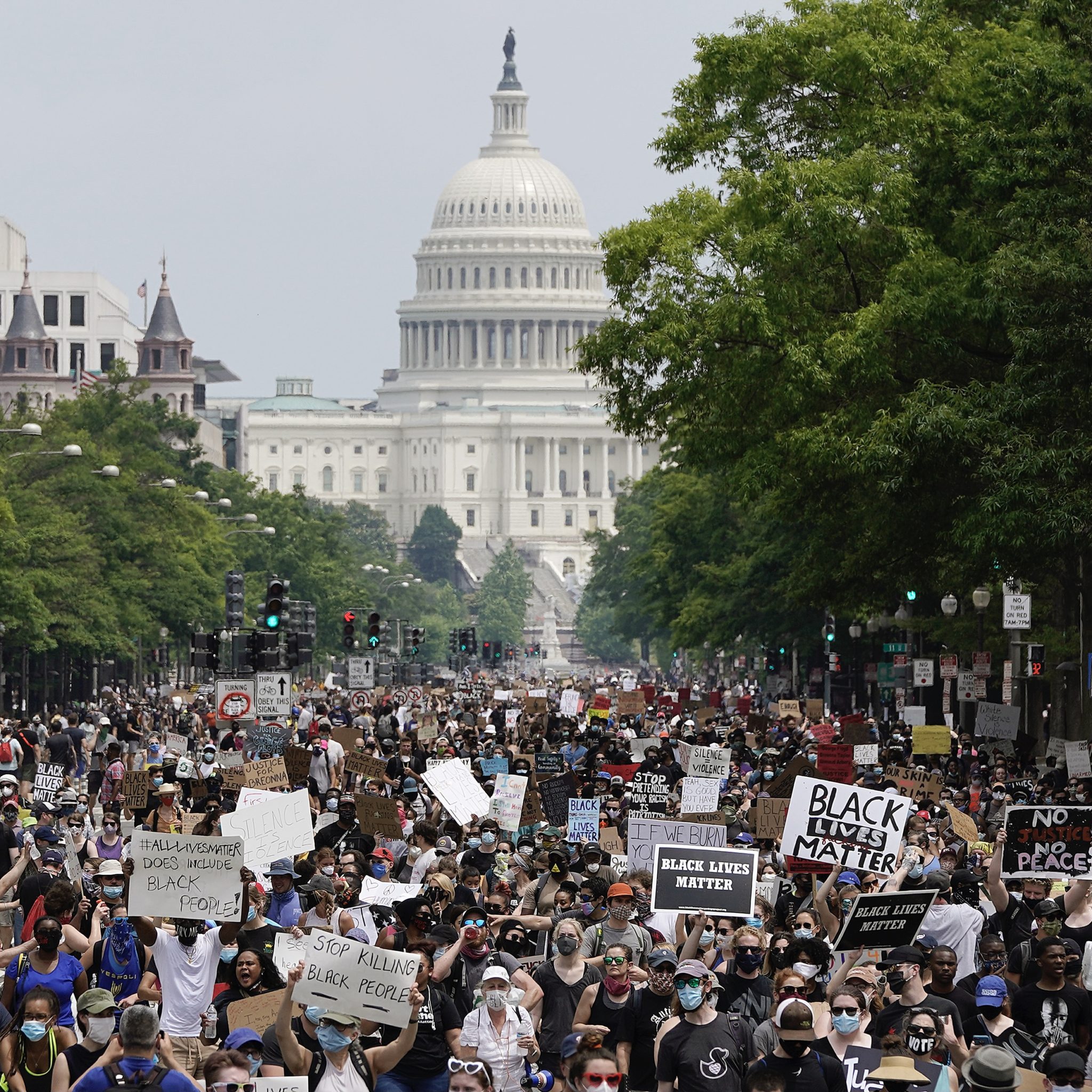The Penn Program on Regulation is pleased to announce the Spring 2022 schedule for our yearlong lecture series on race and regulation. The series resumes in February, with five more lectures featuring leading legal scholars scheduled through April.
As with the Fall 2021 lectures, all lectures in the spring will be held via Zoom and are free and open to the public. We welcome anyone with an interest in learning more about race and regulation to attend.
Details on each lecture can be found below. To register and receive the dedicated Zoom link for each individual event, please click on the lecture title.
Recordings of the Fall 2021 lectures remain available on the Penn Program on Regulation’s YouTube channel.
And for more information about the 2021-2022 Lecture Series on Race and Regulation, please visit the series webpage.

Weds., Feb. 9, 4:30-6:00 p.m. ET: Race and Privacy Regulation
Anita L. Allen, University of Pennsylvania
Anita Allen, an internationally renowned expert on the philosophical dimensions of privacy and data protection law, shares in this lecture a pathbreaking new paper explaining why privacy law needs to take race explicitly into account. Following the lecture, Ezekiel Dixon-Román of Penn SP2 will offer comments. This event is organized in partnership with Penn Law’s Center for Technology, Innovation and Competition.

Tues., Feb. 22, 5:00-6:00 p.m. ET: Board Diversity Matters
Brian D. Feinstein, University of Pennsylvania
In this lecture, Brian Feinstein shares new empirical research, focusing on the regional Federal Reserve Bank boards, that reveals how their diversity corresponds with increased lending to underbanked minority communities. He addresses what this research implies more broadly about the role that diversity in regulatory agencies and other institutions can play in advancing equitable policy outcomes.

Tues., Mar. 1, 5:00-6:00 p.m. ET: Vaccination Equity by Design
Olatunde C.A. Johnson, Columbia Law School
Drawing on a recent essay, Olatunde Johnson in this lecture examines the drivers of racial inequity in early access to COVID-19 vaccines in the United States. She also discusses how regulatory tools could have been used more effectively to promote equity in the vaccine rollout—and what can be learned not only for the next public health emergency, but also for addressing racial disparities in other policy areas.

Weds., Mar. 23, 5:00-6:00 p.m. ET: Race, Immigration, and Political Inequality
Ming Hsu Chen, UC Hastings College of Law
In this lecture, Ming Hsu Chen discusses her research on the legal, social, and political barriers that prevent Asian and Latinx immigrants and naturalized citizens from participating equally in the American political process. She also shows how bolstering equality in political participation could transform electoral outcomes and enhance substantive democracy.

Tues., Apr. 5, 5:00-6:00 p.m. ET: Administrative Law’s Racial Blind Spot
Daniel E. Ho, Stanford Law School
Drawing on a recent article, Daniel Ho in this lecture traces how civil rights and administrative law have diverged over the past fifty years, as U.S. court decisions removed issues of racial discrimination from administrative law’s purview. He explains the legal and policy implications for today’s administrative state.



